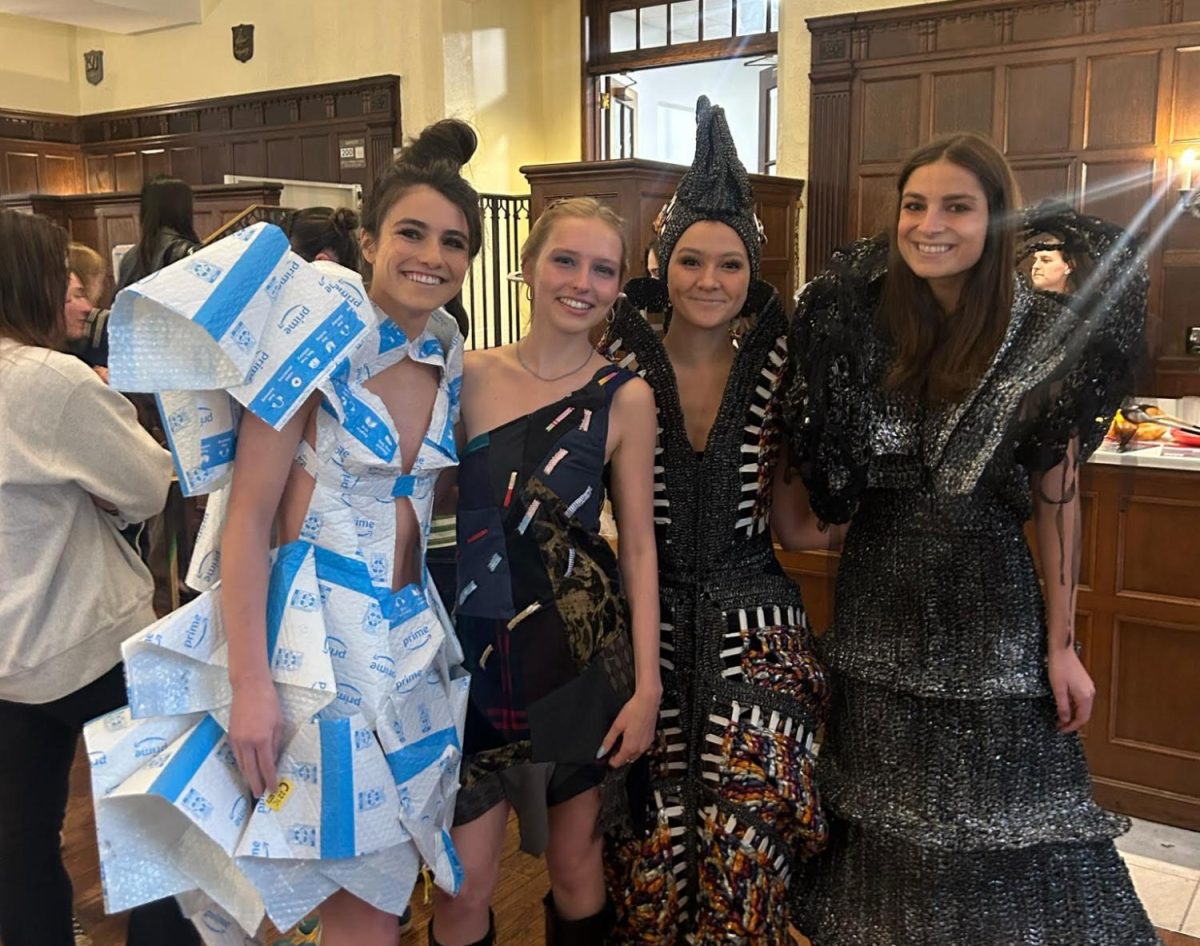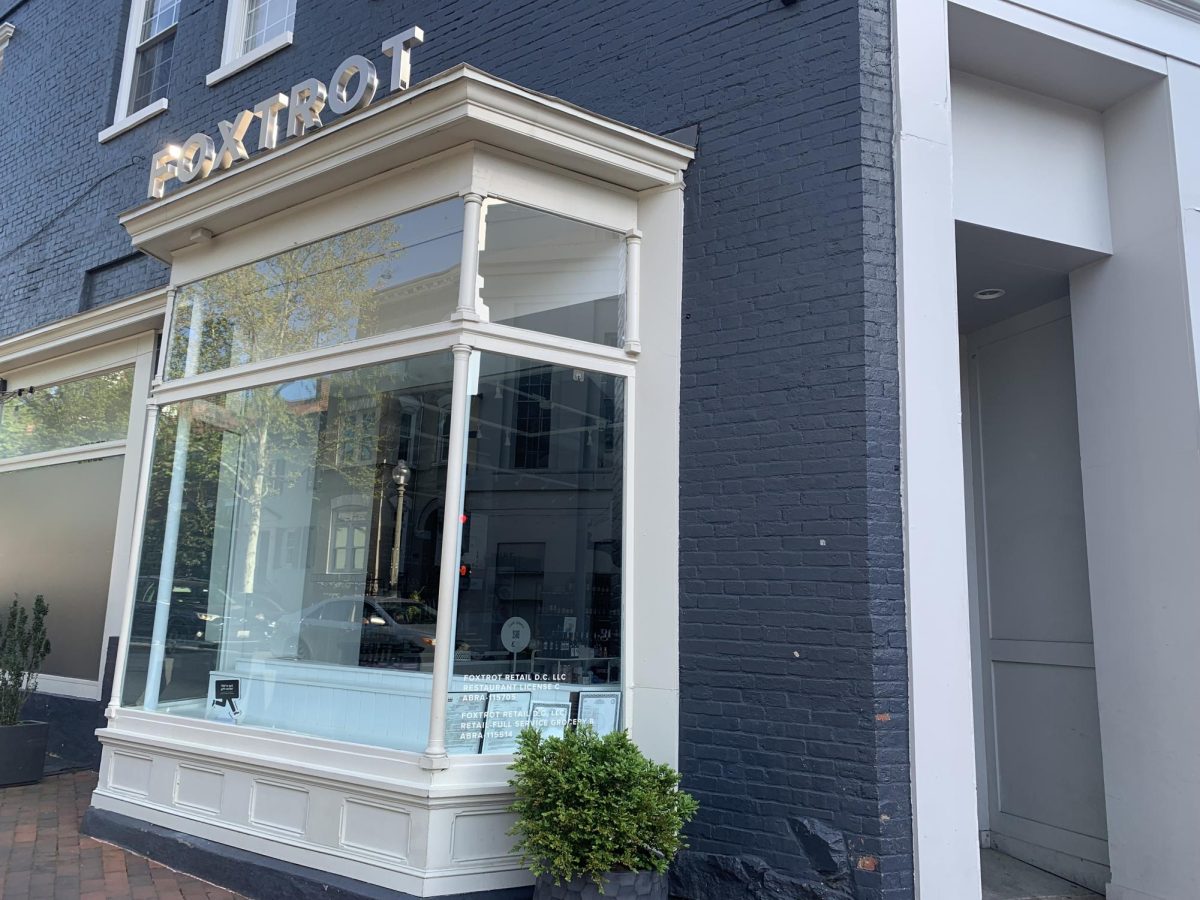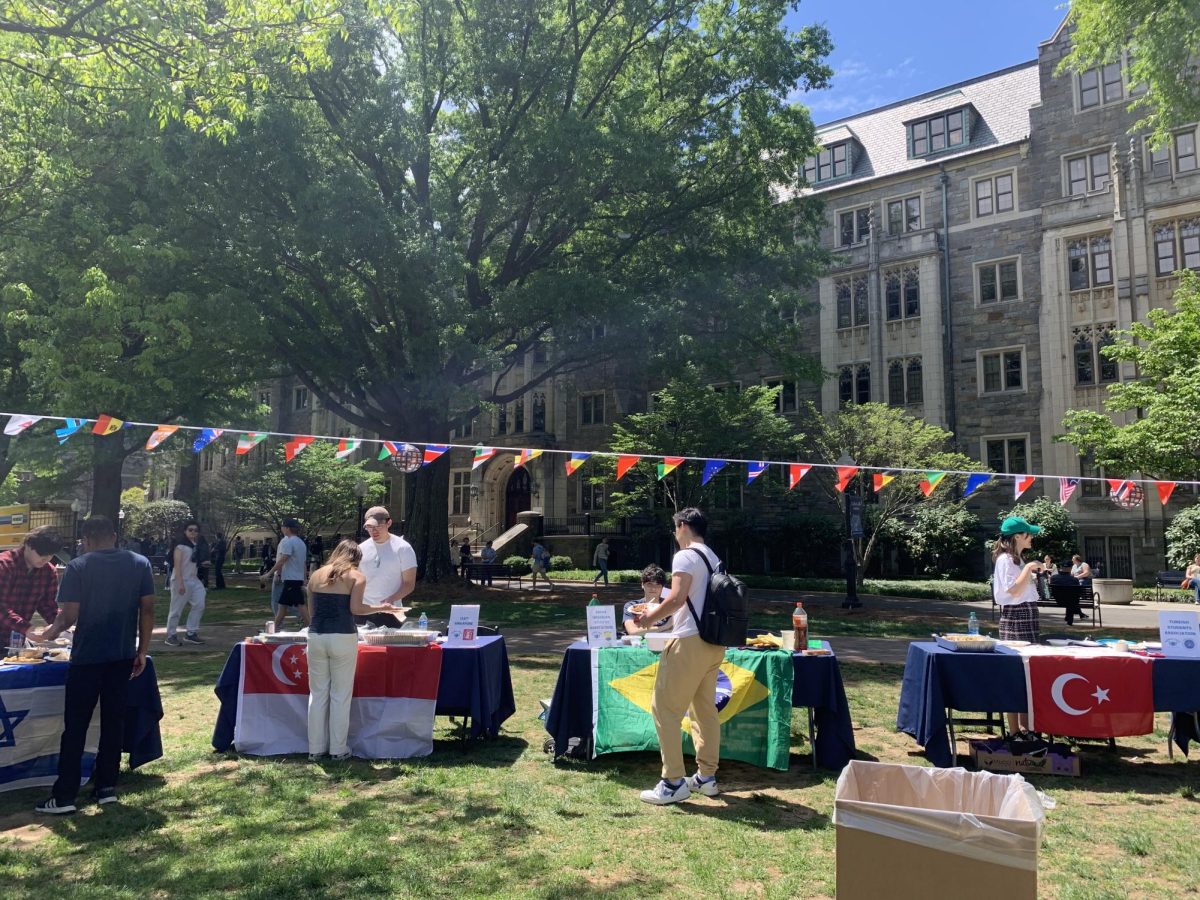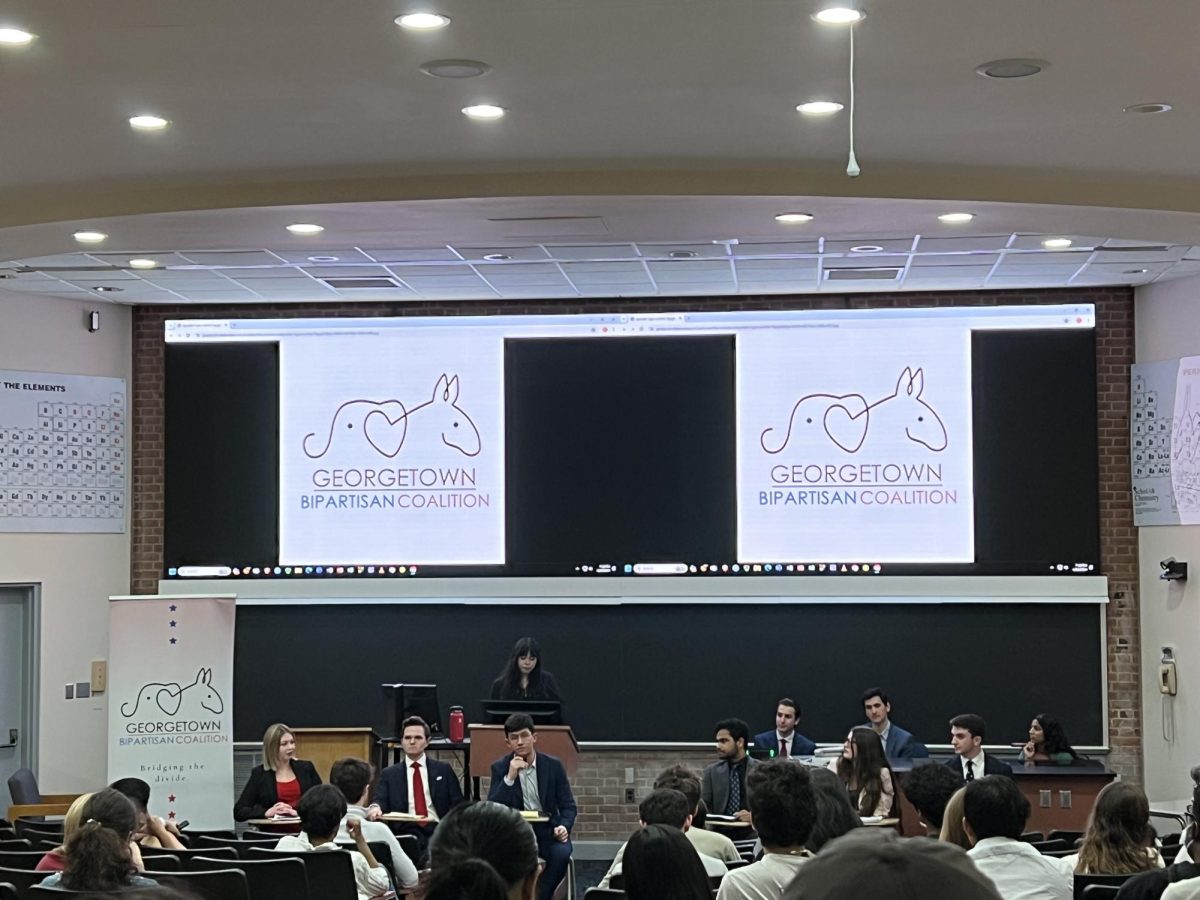After perennial criticism from some students for not accomplishing enough, Georgetown University Student Association worked to remedy these allegations last semester and plans on making headway on some new projects this spring.
“Our original platform was founded upon four main concepts: Career Center reform, intellectual life, student life and student safety. We are proud to say that we have made significant progress in each of these areas,” President Calen Angert (MSB ’11) and Vice President Jason Kluger (MSB ’11) wrote in an e-mail.
While Angert and Kluger have made progress on many of their projects – including an updated SafeRides system more accessible to students, the establishment of the GUSA Fund and a new Georgetown University Transportation Shuttle bus route to the Rosslyn Safeway – there is still work to be done this spring.
To cater to students unable to afford the high cost of LSAT preparation courses, Angert and Kluger helped establish a subsidized course operated through the Career Center. They also doubled the size of the GUSA Summer Fellows program. Yet the pair still hope to improve intellectual life at Georgetown in other ways.
Angert and Kluger seek to found a program through which students can bring their professors to lunch at local restaurants for a discounted rate.
“We have contacted a number of restaurants in the Georgetown area in hopes of receiving meal/drink discounts when students bring a professor to lunch,” Angert and Kluger wrote in an e-mail.
Additionally, Angert and Kluger tried to implement changes based on the student life survey they distributed at the beginning of their term last spring. These included increased GUTS bus routes on weekends, including the Rosslyn Safeway run, which they deemed important after the closure of the Wisconsin Avenue Safeway for renovations last spring.
In another measure to improve student safety, Angert and Kluger created a program that allows certified students to drive the SafeRides vans to locations on and off campus. The goal of this program is to increase Department of Public Safety presence on the street on weekends. Angert and Kluger, as well as the rest of the GUSA executive board, have been certified to drive the vans.
In an effort to increase the GUSA senators’ accountability, the senate voted in September to reduce the number of senate positions for October’s election in response to last year’s poor attendance records. It also established new rules that stipulate that senators must sit on at least one committee, and instituted stricter guidelines regarding senate meeting attendance.
Last semester, the senate addressed issues it deemed most important to the student body.
Senator Josh Mogil (SFS ’11) introduced a resolution that called for the Georgetown Student Code of Conduct to enact harsher penalties for crimes motivated by hate.
ogil also introduced an act that established a student commission to study student advocacy on campus. The commission will explore the feasibility of establishing a student advocacy board to answer students’ questions about violations of the Student Code of Conduct, including alcohol and housing offenses.
At the end of the semester, the executive and the senate worked together to pass the legislation necessary to establish the GUSA Fund, one of Angert and Kluger’s campaign promises.
“[The GUSA Fund] will span a wide variety of student initiatives, with mandatory minimums placed on diversity of programming, the arts and civic engagement,” Angert and Kluger wrote in an e-mail.
While drafting the bylaws of the fund, GUSA invited club leaders to a summit in November to discuss what they liked and disliked about the current funding process.
Most of the club leaders subject to the oversight of the Student Activities Commission complained of lacking transparency and accountability among SAC. In addition, most called for yearly budgets rather than individual allocations for activities, which is the current funding method used by SAC.
In response to these criticisms, GUSA passed a resolution mandating that the Funding Board, a committee consisting of 13 voting members, seven of whom are members of the senate’s Finance and Appropriations Committee, create a system of appeals for clubs who are denied funding. The board must publish all the minutes of their meetings in order to increase transparency and give clubs the option of lump-sum budgets allocated annually.”




















